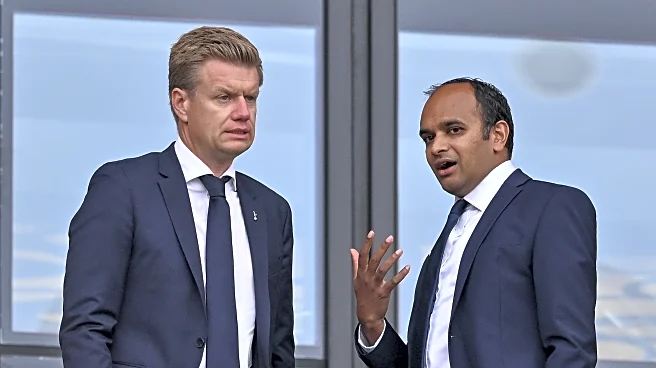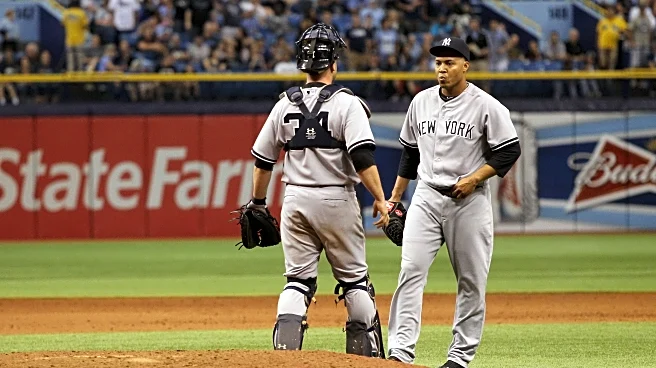Rapid Read • 7 min read
Miguel Díaz-Canel has been reelected as Cuba's president for a second five-year term. The National Assembly confirmed his reelection with an overwhelming majority, despite the country's ongoing economic crisis. Díaz-Canel, who first assumed the presidency in 2018, has faced significant challenges, including the tightening of U.S. sanctions and the impact of the COVID-19 pandemic. His leadership has been marked by efforts to liberalize the economy while maintaining the socialist principles established by the Castro brothers.
AD
Díaz-Canel's reelection is crucial for Cuba's political stability and economic recovery. His administration is tasked with addressing severe shortages of food, medicine, and fuel, which have led to widespread dissatisfaction among the Cuban population. The continuation of his presidency suggests a commitment to cautious economic reforms, which are essential for improving living conditions and reducing emigration. The reelection also highlights the political continuity within Cuba, as Díaz-Canel remains a key figure in upholding the socialist model.
Díaz-Canel is expected to focus on economic reforms to alleviate the country's crisis, including measures to support small businesses and increase foreign investment. The government may also seek to improve diplomatic relations to counteract the effects of U.S. sanctions. However, the administration faces ongoing challenges, including public protests and demands for greater freedoms, which could influence future policy decisions.
The reelection underscores the complexities of Cuba's political system, where opposition is illegal and the government maintains strict control over political processes. Díaz-Canel's leadership will be pivotal in balancing the demands for reform with the preservation of the socialist system. The situation in Cuba also reflects broader geopolitical dynamics, particularly the influence of U.S. policies on the island's economic and political environment.
AD
More Stories You Might Enjoy











